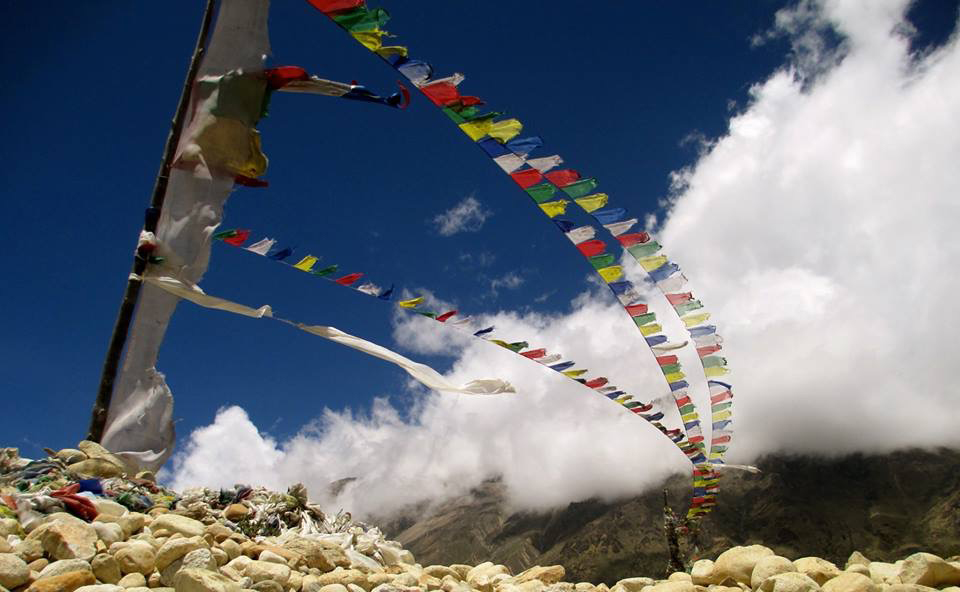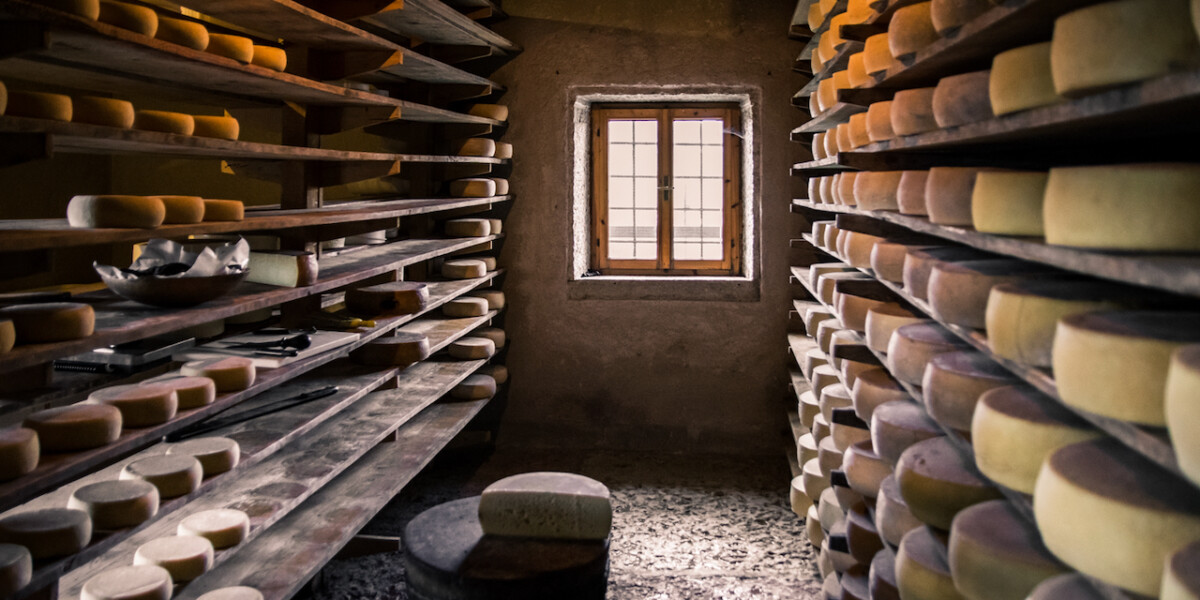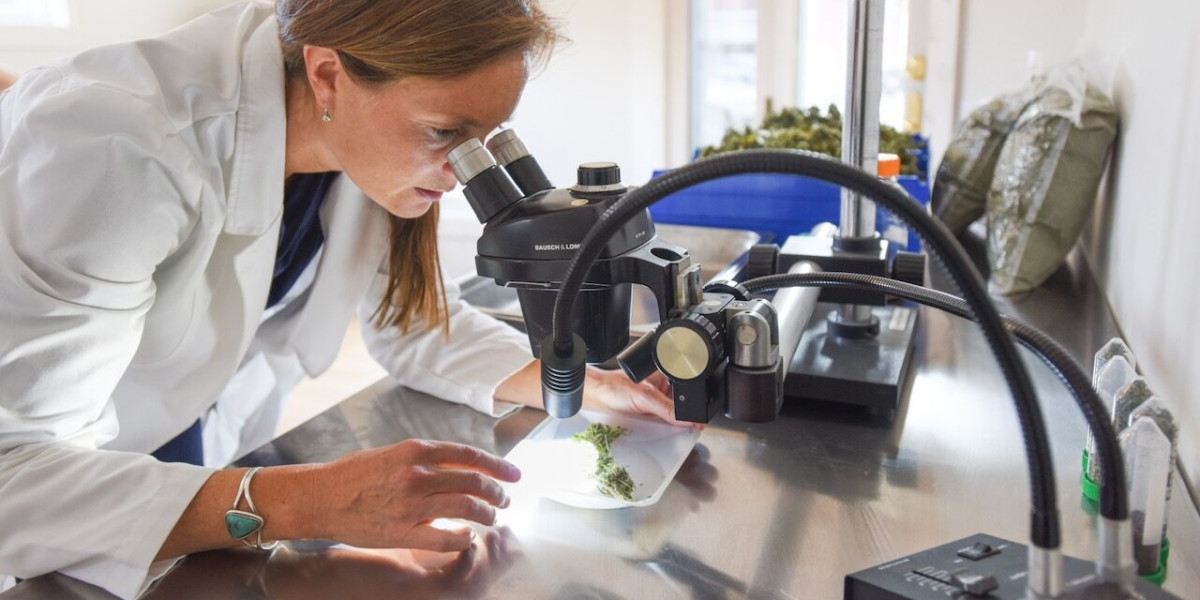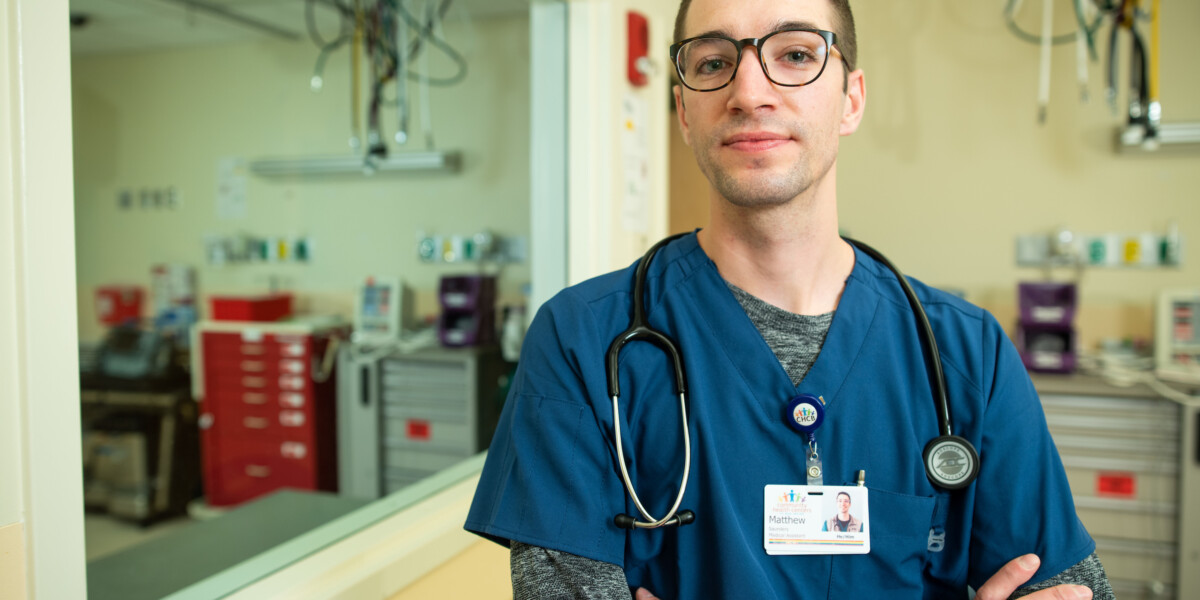“Companioning is about going to the wilderness of the soul with another human being; it is not about thinking you are responsible for finding the way out.” –Dr. Alan Wolfelt
By Francesca Arnoldy
My initiation into this realm happened unexpectedly when my grandfather was dying. It was my first time sitting vigil through a person’s death. I showed up unprepared for what I was walking into (which is actually the case for all doula work, honestly—we don’t know what will be asked of us or how to best serve, which is why setting the intention for each person’s “greatest good” is so important).
My grandmother was exhausted and happily handed over the care to me so she could sleep. I stepped up and stepped in, having had no real preparation. My grandfather was already in his deep coma sleep so he was uncommunicative (verbally, aloud). His appearance and labored breathing begged the questions: How are you still alive? And why?
I sat by his side in that quiet house that night, reading a book that was coincidentally perfect and contained his favorite prayer, “Make me an Instrument of your peace.” I spoke to him on a spiritual level with comforting words. I gave him the tiny amounts of prescribed oral meds at prescribed intervals. He slept, did not move, and rarely breathed. I was sure he was working, though. It seemed like hard work. Mysterious work. Working through something…working on something…working toward something. I encouraged his efforts and held him in compassion and love.
For his wife and children (one of whom had not been able to visit for a length of time because it was too upsetting, and one of whom only entered the room for the final breaths), it was excruciating to get through this period as it continued on, much the same, the next morning. This was something I noticed but did not share in their sentiment. Because of my birth work, I was comfortable with the unknown—intrigued by it—an eager student of it. This is what death asks of doulas. Can settle into this liminal space?
End-of-Life Care: Can Death Be Beautiful?
We seem to afford birth more ups and downs, while still calling it “beautiful.” But birth is also work (“labor”). It asks for all of a woman—all of her strength, determination, and trust. We puke, we have diarrhea, we have flashbacks of abuse and trauma, we scream, we beg for it to end, we moan like animals, we bite on things, we cry. Not always, not all of it, not for everyone every time. But they’re normal aspects, and yet birth is still “beautiful.” And it is.
So, without casting our yearning for perfection and control, can death be beautiful, too? Can we hold steady through the ups and downs? Can we companion people into the “wilderness of the soul?” Can we “doula?” I say, yes. We can. Not without apprehension or doubt—that isn’t reasonable. But, with trust—trust in the humanity that lives in our core, and trust in our compassion and intention. We can, with unwavering, prevailing trust.
Learn about UVM’s End-of-Life Doula Professional Certificate Program.
-Francesca Arnoldy developed and facilitates the End-of-Life Doula Professional Certificate program to strengthen an individual’s resolve as they enter into this sacred realm of service. She’s currently working on a memoir inspired by her years as a doula. She lives in Hinesburg with her husband and their two kids.




